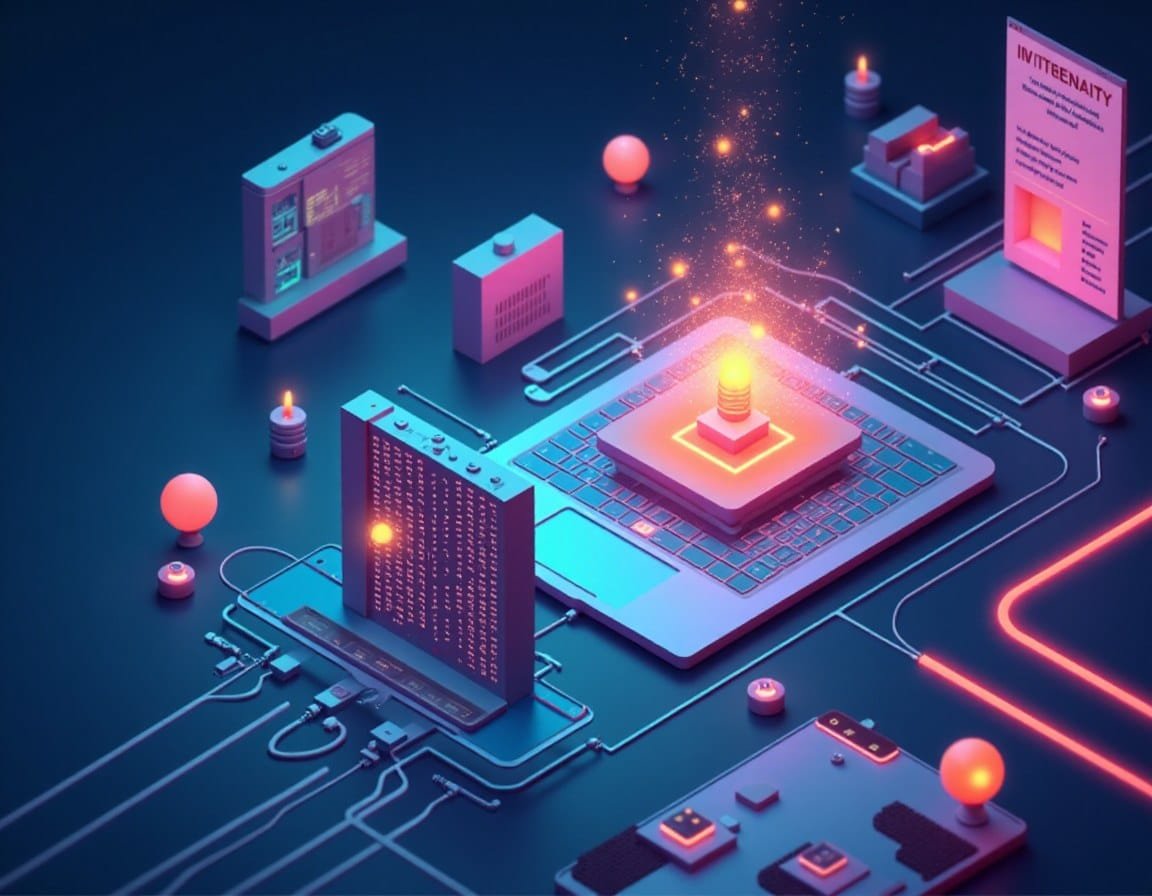“`html
Are We on the Brink of a Sleep Revolution: How Smart Sleep Technology is Redefining Our Relationship with Rest? With the rise of smart home devices and wearable technology, it’s no surprise that our sleep patterns are being transformed by innovative solutions. In this article, we’ll delve into the world of Smart Sleep Technology Solutions for Better Rest, exploring how these cutting-edge tools can improve the quality of your sleep and overall well-being. From tracking sleep patterns to creating personalized sleep environments, smart sleep technology is revolutionizing the way we approach rest. By understanding the benefits and limitations of this technology, you’ll be empowered to make informed decisions about your own sleep habits and harness the power of Smart Sleep Technology for a better tomorrow.
What is Smart Sleep Technology?
Smart Sleep Technology refers to advanced systems and devices designed to enhance sleep quality through monitoring, analysis, and personalized interventions. These technologies use sensors and algorithms to track sleep patterns and provide insights for improving rest.
The Evolution of Sleep Technology
The journey of sleep technology began with simple devices like alarm clocks and has now evolved into sophisticated systems that integrate with our daily lives. The advent of Intelligent Rest Technology has brought about a paradigm shift in how we perceive and manage sleep.

Top 10 Revolutionary Technologies Transforming Your Rest
- Wearable Sleep Trackers: Devices like Fitbit and Apple Watch monitor sleep stages and provide detailed reports on sleep quality.
- Smart Mattresses: Brands like Sleep Number offer mattresses that adjust firmness and temperature based on sleep patterns.
- White Noise Machines: Devices that produce soothing sounds to mask disruptive noises, enhancing sleep quality.
- Smart Pillows: Pillows equipped with sensors to track sleep positions and provide neck support.
- Light Therapy Devices: Tools that simulate natural light to regulate circadian rhythms and improve sleep.
- Sleep Apps: Applications like Calm and Headspace offer guided meditations and sleep stories to aid relaxation.
- Smart Home Integration: Systems like Google Home and Amazon Alexa can adjust lighting and temperature to create an optimal sleep environment.
- Advanced Sleep Masks: Masks that block light and use gentle vibrations to wake users at the optimal sleep stage.
- Temperature Control Systems: Devices like BedJet regulate bed temperature to enhance comfort.
- AI-Powered Sleep Coaches: Virtual coaches that analyze sleep data and provide personalized recommendations.
How Does Smart Sleep Technology Work?
Smart Sleep Technology operates through a combination of sensors, data analytics, and user feedback. Devices collect data on sleep duration, quality, and disturbances, which are then analyzed to provide actionable insights. This data-driven approach allows for personalized interventions that cater to individual sleep needs.
Benefits of Smart Sleep Technology
The integration of Advanced Slumber Solutions into daily life offers numerous benefits:
- Improved Sleep Quality: By understanding sleep patterns, users can make informed changes to enhance rest.
- Personalized Sleep Environment: Technologies adjust environmental factors like temperature and lighting for optimal comfort.
- Health Monitoring: Continuous tracking of sleep metrics can reveal underlying health issues.
- Convenience: Automation of sleep settings through smart home integration simplifies bedtime routines.
Challenges and Limitations
Despite the advantages, High-Tech Sleep Systems face several challenges:
- Data Privacy: Concerns about the security of personal sleep data.
- Cost: High initial investment for advanced devices.
- Reliability: Variability in data accuracy across different devices.
- Dependency: Over-reliance on technology may hinder natural sleep habits.
Case Study: The Impact of Smart Sleep Technology on Health
A study conducted by the National Sleep Foundation found that users of Intelligent Rest Technology reported a 30% improvement in sleep quality. Participants noted increased energy levels and reduced stress, highlighting the potential health benefits of these technologies.
Comparing Smart Sleep Devices
| Device | Features | Price Range |
|---|---|---|
| Fitbit Sense | Sleep tracking, heart rate monitoring, stress management | $299 – $329 |
| Sleep Number 360 | Adjustable firmness, temperature control, sleep tracking | $1,099 – $5,399 |
| BedJet 3 | Climate control, dual-zone temperature settings | $399 – $499 |
Future Trends in Smart Sleep Technology
The future of Smart Sleep Technology is promising, with innovations like AI-driven sleep diagnostics and virtual reality relaxation techniques on the horizon. As technology advances, we can expect more personalized and effective solutions for sleep improvement.
Conclusion
In conclusion, Smart Sleep Technology is transforming the way we approach rest, offering innovative solutions for better sleep quality and overall well-being. By embracing these technologies, individuals can take control of their sleep health and enjoy a more restful and rejuvenating experience. As we continue to explore the potential of these advancements, the future of sleep looks brighter than ever.
Additional Resources
For more insights on Smart Sleep Technology and other wellness innovations, follow and subscribe to our updates at Wellness Tech Spot and Sleep Technology.
“`




